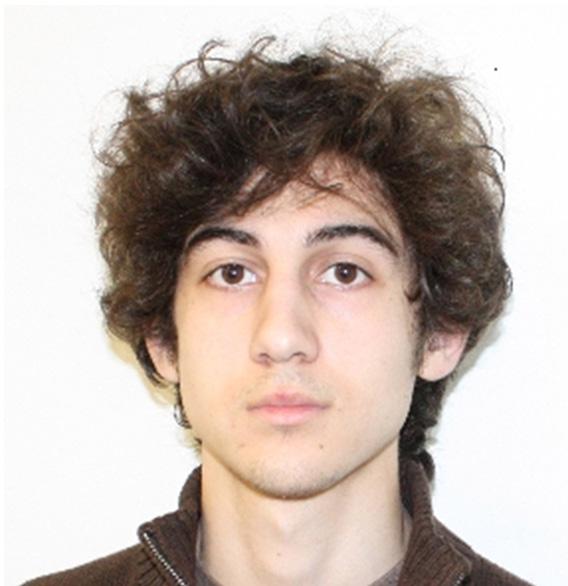According to the AP, Dzhokhar Tsarnaev answered questions for 16 hours before he was read the Miranda warning that he could remain silent and could ask for a lawyer. Once Tsarnaev was told that, he stopped talking. (So much for the idea that everyone has heard Miranda warnings so many times on TV that they have become an empty ritual.) The AP also reports that the investigators questioning him were “surprised when a magistrate judge and a representative from the U.S. Attorney’s office entered the hospital room.” The investigators “had planned to keep questioning him.”
Wow. That’s bad no matter your point of view. If you think Tsarnaev doesn’t deserve the normal protections American law affords criminal suspects, then you’d want the FBI to keep at him as long as they chose. Or if, like me, you’re worried about how far the Obama administration’s Justice Department has stretched the limited “public safety” exception the Supreme Court has allowed for questioning suspects about ongoing danger without Miranda warnings, 16 hours sounds expansive.
It’s true that Miranda offers protection only after the fact. Technically, the rule is violated not when investigators fail to give the warnings, but when they try to introduce in court a confession or other facts a suspect revealed before he was read his rights. It’s also true that given the mountain of evidence against Tsarneav, he could be convicted without his own statements. But that may not be true with the next terrorist suspect—or the next hated man for whom the government decides to stretch the public safety exception. The Justice Department is setting a precedent here. And how does that precedent directly involve public safety, when all of law enforcement reassured the public that safety had been restored once Tsarnaev was captured Friday night, and that the authorities strongly believed he and his brother, Tamerlan, had acted alone?
This isn’t about public safety—not in any immediate or urgent way. It’s about the Justice Department’s decision, in a 2010 memo to the FBI, that in “exceptional cases” agents can go beyond public safety questions “to collect valuable and timely intelligence not related to any immediate threat.” I realize that I’m in a minority here in worrying that in this case, the government went too far. But to show the distance we’ve traveled: No one delayed the Miranda warnings—or talked about enemy combatant status—for Timothy McVeigh, the Oklahoma City bomber, or Eric Rudolph, the Atlanta Olympics bomber. OK, that was before 9/11. But even in 2009 after the arrest of the attempted Christmas Day bomber, Umar Farouk Abdulmutallab, the FBI questioned Abdulmutallab for only 50 minutes before Mirandizing him. Three years and one DOJ memo later, the protections of Miranda essentially are nil for a suspected terrorist. Is that because Tsarnaev and his brother succeeded in killing and maiming people, whereas Abdulmutallab failed? Is there some important distinction I’m missing, or is this just the beginning of a boundless expansion of the public safety exception?
And if the president and his lawyers can do that without any court’s oversight, what’s to stop the government from setting aside Miranda not just for the suspects who paralyze an entire city, but in less “exceptional” cases as well? It’s also dismaying that authorities dribbled out bits of Tsarnaev’s confession Monday and Tuesday after saying he’d been read his rights. They never directly said he kept talking after he’d been Mirandized, but they created that impression. I wonder, too, about the new report that the Tsarnaevs might have gone on to set off a bomb in New York. When did Dzhokhar say that, and are we finding out about it now to make it seem as if, even though he was in custody, there was still a threat hovering out there?
Tsarnaev is facing the death penalty. That is the circumstance in which procedural fairness matters the most. Yes, we have to protect ourselves from terrorism. But not by breaking with our traditional respect for the rule of law.
